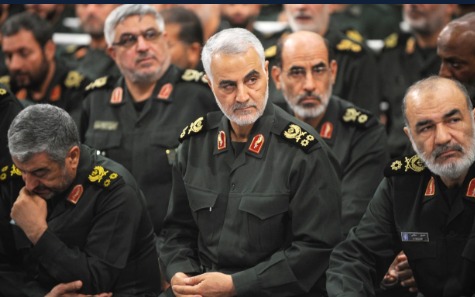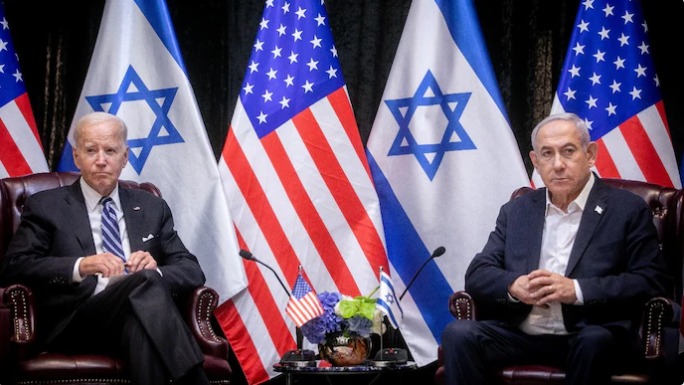In a shocking turn of events, the Iranian city of Kerman witnessed a devastating terror attack on Wednesday, leaving at least 103 people dead and 188 injured. The twin blasts occurred near the burial site of the revered military commander Qasem Soleimani, marking the fourth anniversary of his death in a US airstrike. As the region grapples with escalating tensions spurred by the Israel-Hamas conflict, these explosions further compound the geopolitical complexities.
The Attacks:
The first explosion, occurring 2,300 feet from Soleimani’s grave, was swiftly followed by a second blast 0.6 miles away as pilgrims gathered at the site. According to state TV, at least one of the explosions was caused by a bomb. Iran’s Interior Minister Ahmad Vahidi disclosed that the first explosion took place at 3:00 p.m. local time, with the second, more fatal blast occurring 20 minutes later as rescuers rushed to aid the injured.
Soleimani’s Legacy and Response:
Qasem Soleimani, the former head of the Revolutionary Guards’ Quds Force, remains a contentious figure even four years after his death. Responsible for overseeing Iran’s overseas operations, Soleimani was designated a foreign terrorist organization by the US. Iran’s Supreme Leader Ayatollah Ali Khamenei, responding to the attacks on social media, issued a stern warning of a “harsh response” to those behind the explosions, emphasizing the resolve of Soleimani’s followers against such acts.
No Claim of Responsibility:
As of now, no group has claimed responsibility for the twin blasts, adding to the mystery surrounding the perpetrators. The lack of a clear claim has led to speculation about the motives behind the attack and potential actors involved.
Regional Tensions and Recent Developments:
The timing of the attack amid the Israel-Hamas conflict and recent incidents involving Israel and Iran-backed militias has heightened tensions in the region. The killing of a senior Hamas leader in Beirut and accusations of Israel’s involvement, coupled with Iran accusing Israel of assassinating one of its commanders in Syria, underscores the volatile dynamics at play.
International Reactions:
International leaders, including Russian President Vladimir Putin and the United States, have condemned the attacks. Putin, in a letter to Ayatollah Khamenei, expressed his stance against terrorism. Meanwhile, the US, which has recently increased its military involvement in the Middle East, distanced itself from the Iranian explosions, emphasizing no involvement from either the US or Israel.
Uncertain Future:
The lack of a clear claim of responsibility and the intricate web of geopolitical tensions make it challenging to predict the future course of events. The region appears to be at a crossroads, with various actors, including Iran, Israel, and the US, jockeying for influence and asserting their positions in an increasingly volatile environment.
Conclusion:
The twin blasts in Kerman have not only claimed numerous lives but have also intensified the geopolitical turmoil in the Middle East. As investigations continue to unfold, the international community watches with bated breath, aware that the repercussions of these attacks could reverberate across the region for weeks and months to come. The uncertainty surrounding the situation underscores the need for diplomatic efforts to mitigate tensions and prevent further escalation in this delicate and volatile geopolitical landscape.



